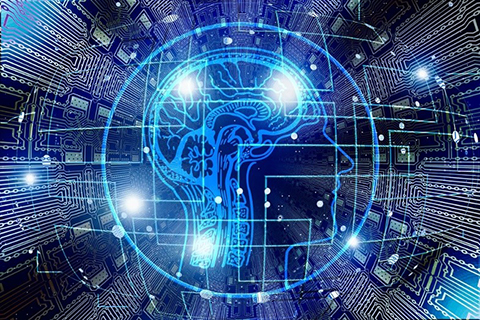
Summary
|
Each year, 1.5 million new traumatic brain injury (TBI) cases are documented in the United States – six times as many as breast cancer, spinal cord injury, HIV infection, and multiple sclerosis combined. Despite the devastating impacts of TBI on the millions affected, surprisingly few effective treatment strategies exist. One explanation for the lack of viable treatment options is that brain injuries are the result of a multitude of causes, and vary widely in severity, so that the patient population is extremely heterogeneous. This heterogeneity, the U-LINK ‘Brain Injury’ team writes, causes “treatments that are successful in one case [to] fail in many others.” For this proposal, experts from Neurological Surgery, Computer Science, Psychology, and Physical Medicine and Rehabilitation are joining forces to develop personalized treatments using ground-breaking machine learning technology. “We believe [an individualized approach] is now possible due to recent breakthroughs in machine learning, particularly in an area known as deep learning,” the team explained. The team ultimately hopes to use these state-of-the-art techniques to discover individualized treatments for the varied symptoms and challenges faced by victims of this “silent epidemic”. |
Team
|
Helen Bramlett, Neurological Surgery; W. Dalton Dietrich, Neurological Surgery; Odelia Schwartz, Computer Science; Dilip Sarkar, Computer Science; Lucina Uddin, Psychology; Lauren Shapiro, Physical Medicine and Rehabilitation; Zsuzsa Nemeth, reference librarian and research liaison |




